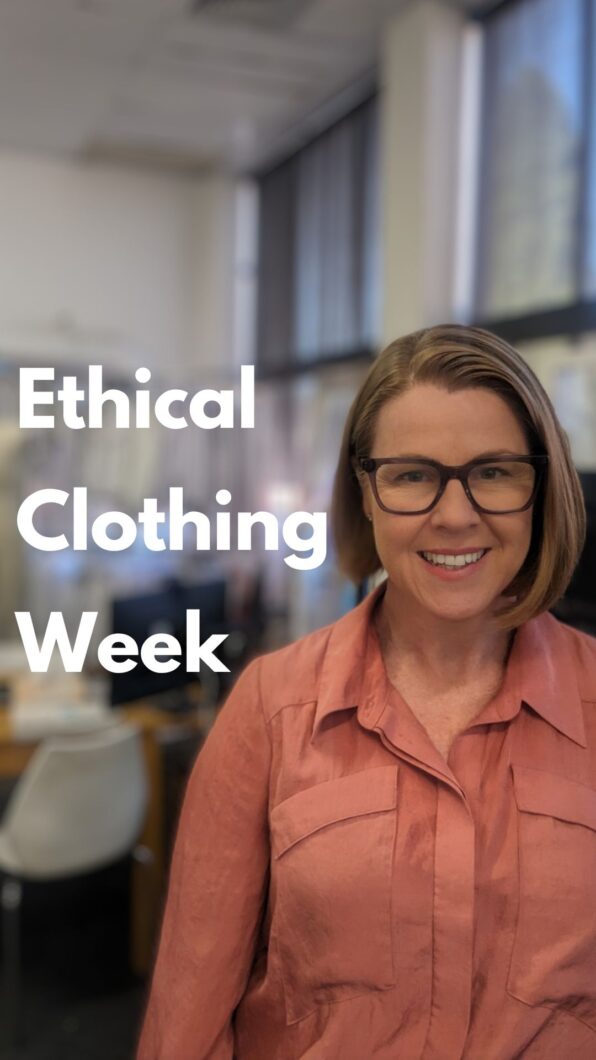Shedding Light on Ethical Clothing: Fairness in the Fashion Industry

Welcome to Ethical Clothing Week! In this blog, we’ll explore the cornerstones of ethical fashion: fair wages and worker protection. It’s not just about fashion, it’s about fairness. But before we dive in, let’s clear up a common confusion between ethical fashion and sustainable fashion. While the latter focuses on the planet, ethical fashion is all about the people behind the clothes. We’ll also explore the importance of ethical standards and the impact they have on businesses, as well as the founding of ‘Ethical Clothing Australia’ to prevent worker exploitation. Lastly, we’ll discuss how ethical accreditation affects everyone, and why wearing ethically made clothes is more than just a fashion statement—it’s a statement about promoting fairness and decency in the clothing industry.
Unlike sustainable fashion, which is defined by the type of fabric used, ethical fashion is about the hands behind the threads. It focuses on the individuals who work their magic to transform cloth into the clothes you wear. You’ve probably seen the signs during ethical fashion week asking “Who made my clothes?” That’s exactly what we’re talking about here.
Ethical Clothing Australia was founded to prevent the exploitation of vulnerable workers, especially those working from home. These individuals, often with limited English skills and few job options, were given unrealistic timelines and paid meager sums for their craftsmanship. Today, an important part of our work is ensuring that they receive fair wages.
To Learn More About The World of Ethical Clothing,
Click The Video Below ↓
This mission led to the passage of the Homeworkers Bill in 2010. This law ensures that everyone in the clothing industry, regardless of where they work, gets paid a fair wage. Businesses have to maintain ethical standards or there are hefty penalties involved. However, over the past five years, there has been a resurgence of issues we need to address; the need for ethical standards in clothing has certainly not hummed down.
If you aim to run an ethical business, it’s vital to consider what happens behind the factory walls or in someone’s home. Ethically accredited businesses have several rules and processes, including annual audits of wages and holidays, to ensure all workers are treated fairly.
Remember, ethical fashion isn’t just about rocking the latest styles—it’s about rocking a movement promoting fairness and decency in the clothing industry. So whether you’re going for a walk or attending a big event, when you wear ethically made clothes, you’re making a bold statement about protecting workers and promoting fair wages. Just a little bit of ethical awareness can take us a long way in fostering a fairer, more compassionate clothing industry.
